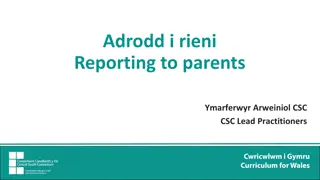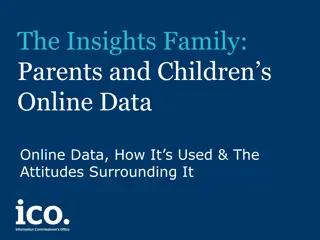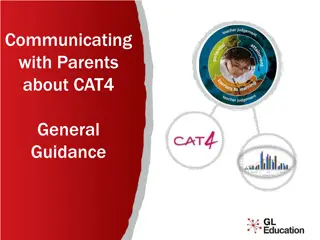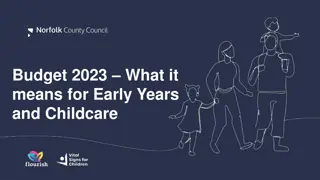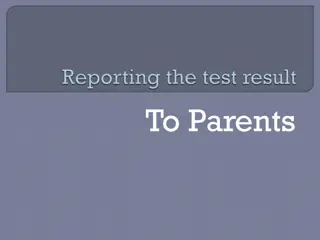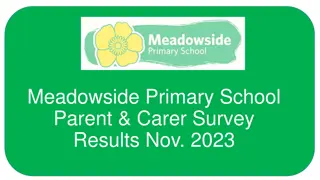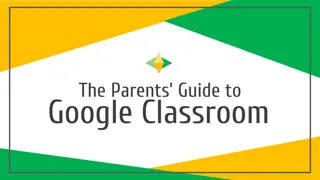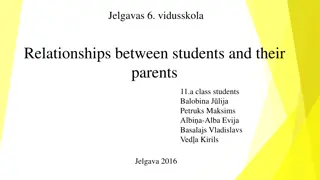
Y3 Classroom Updates and Information
Stay informed about Y3 classroom activities, staff, topics, P.E. days, homework, and comprehension skills development. Explore the details about the curriculum, teachers, subjects, and more in this comprehensive update.
Download Presentation

Please find below an Image/Link to download the presentation.
The content on the website is provided AS IS for your information and personal use only. It may not be sold, licensed, or shared on other websites without obtaining consent from the author. If you encounter any issues during the download, it is possible that the publisher has removed the file from their server.
You are allowed to download the files provided on this website for personal or commercial use, subject to the condition that they are used lawfully. All files are the property of their respective owners.
The content on the website is provided AS IS for your information and personal use only. It may not be sold, licensed, or shared on other websites without obtaining consent from the author.
E N D
Presentation Transcript
Our Staff Class teacher: Miss Read Teaching assistants: Mrs Barron and Miss Moss. On Wednesday afternoons, Y3 has R.E./music/P.S.H.E. with Mrs Lewis. Mrs Valiant takes French each week.
Our Topics This half term, our main topics are: Maths: place value, ordering & counting Science: Skeletons & Muscles Geography: National Parks (The Lake District) We will have an art week before half term. Our future topics are on the long term plan, on the class page of the school website.
P.E. Usually our class P.E. days are Wednesdays and Thursdays, although one can change to a Tuesday if Chorley Sports Partnership come to work with us. We will inform you of any changes on Dojos. Kit: black and white P.E. kit (trainers, white t-shirt, black jumper and shorts/ track suit trousers depending on the weather). Earrings and watches should not be worn on P.E. days. If earrings cannot be removed, children will need to bring plasters to cover them.
Homework Reading Although some of the children are fluent readers by now, it is really important that they continue to read at home with an adult as often as possible (as well as independently) to build their comprehension skills and vocabulary. The children can change their home-school reading book when they have finished it and written a comment in their reading record book. At school, the children will have classroom library books to read independently as well as having regular guided reading sessions.
Questions to help Develop Comprehension Skills Questions requiring synthesis What is your opinion? What evidence do you have to support your view? Using all the evidence available, can you tell me what you feel about ? Given what you know about what do you think? How would the views put across in this text affect your views on ? What would this character think about ? (Possibly a present day issue) Simple Recall Questions Where does the story take place? When did the story take place? What did s/he/it look like? Who was s/he/it? Where did s/he/it live? Who are the characters in the book? Where in the book would you find ? Analytical Questions What makes you think that? What words give you that impression? How do you feel about ? Can you explain why ? I wonder what the writer intended? I wonder why the writer decided to ? What do these words mean and why do you think the author chose them? Has the author used adjectives to make this character funny? Why did the author choose this setting? Simple comprehension questions What do you think is happening here? What happened in the story? What might this mean? Through whose eyes is the story told? Which part of the story best describes the setting? What words and/or phrases do this? What part of the story do you like best? Evaluation questions What makes this a successful story? What opinion do you have to justify your opinion? Does it work? Could it be better? How? Is it as good as ? How is it similar/different to ? Which is better and why? Application Questions Can you think of another story which has a similar theme; eg. good over evil; weak over strong; wise over foolish? Do you know of another story which deals with the same issues; eg. social; moral; cultural? Which other author handles time in this way; eg. flashbacks; dreams? Which stories have openings like this?
Homework: Spelling We no longer send weekly spelling lists home but please reinforce the correct spelling of high frequency words. If your child cannot already spell the Y1/2 words, please help him/her by practising these regularly as well as homophones (e.g. there/ their/ they re), which are often a sticking point. The Y1/2 and Y3/4 spelling lists are on the website. There is also a grid of activities to make learning spellings more fun.
Homework: Maths The earlier the children can learn their number bonds and times tables the better, as they help with many other areas of maths. The children will have sessions to complete on Times Table Rock Stars each week. To have achieved Y2 standard, children should already have fast recall of 2, 5 and 10 times tables and be able to say their 3s and 4s. By the end of the year, we aim for them to have fast recall of the 2-5, 8 and 10 times tables. They can also work through the levels on NumBots for other areas of maths. Other things to practise regularly: mental addition and subtraction of 2-digit numbers. using money (all coins & notes) and working out change. telling the time to the minute (both analogue & digital) and working out time intervals (e.g. What time will it be in an hour and a quarter? What time was it 40 minutes ago? How long has it been since ? How long is it until bedtime?) Can they work out what time it is just by looking at the hour hand? Any practical application of maths
Equipment The children should not bring any equipment or things to show into school unless they have been asked to. We do not have regular Show and Tell but if the children have something connected with our topics they would like to share or if they have achieved or made something special at home, a photograph can be uploaded to their dojo portfolio so that they can show the class. Please ensure that all items of clothing and water bottles are named so that lost property can be returned. Lost property is in a box on the playground by Ash Class wall.
Communication Please use the dojo messaging facility. We will reply as soon as possible. Please understand that messages sent during the day might not be read until after school as staff are teaching so if a message is urgent (e.g. changes to who is picking children up after school), it is better to contact the office. As a school, we are promoting good behaviour and positive relationships. This year, dojos and merits have been replaced by a class recognition board, with a focus on one aspect of behaviour. The children might also bring messages home to you highlighting above and beyond behaviour, which they can tell you about themselves. Our idea is to move away token rewards and help children develop self- motivation and an increased sense of pride.
Other Useful Information Please look out for the Home/ school agreements and Acceptable Use Agreements which will be sent home via ParentMail. Children should only bring a reading book bag or other SMALL bag, as larger bags do not fit on their pegs. Children can bring in a healthy snack with minimum packaging for break time and a named water bottle. Please adhere to the voluntary one-way system on Manor Road and strictly follow the speed limits.


